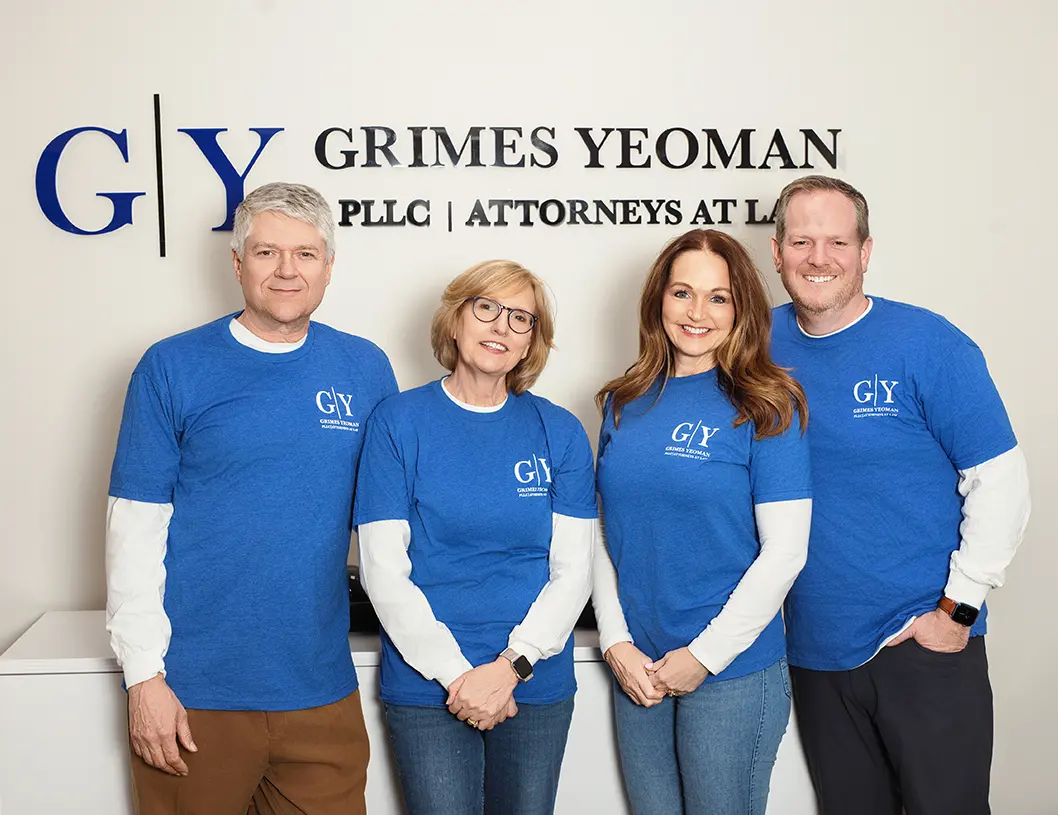After experiencing an injury in a car accident, your first priority should be your recovery. The last thing you want to do is haggle with your insurance company over property damage. However, it is important to know that property damage and personal injury claims following a motor vehicle accident are handled very differently. Here is a quick primer so you can feel prepared if you ever have to file a property damage claim in North Carolina.
The first thing you should do to prepare for filing a property damage claim after a car accident is review your car insurance policy. Insurance policies can be confusing at first, so many of us never take the time to examine them in detail. However, you should be familiar with what your deductible and coverages will be in case of an accident. While bodily injury coverage compensates you for medical injuries and problems resulting from the accident, property damage coverage compensates you for damages to your vehicle.
There are several types of insurance coverage that can come into play in a property damage claim after a car accident:
- Collision Insurance – This covers damage to your car from colliding with another vehicle or object, like a tree or a guardrail. Collision coverage will cover the damage to your vehicle if the accident is your fault. Collision coverage is optional and if you are financing your vehicle, the lender normally requires you to have collision coverage.
- Comprehensive Insurance – This covers damage to your car from events other than a collision with another vehicle or object, such as damage caused by fire, natural disaster, falling objects, or vandalism.
- Liability Insurance – This covers property damage that you cause to someone else’s vehicle or property. North Carolina requires that you have a minimum coverage of $25,000 in property damage for accidents that are your fault.
- Gap Insurance Coverage – This coverage applies if you have an auto loan financing your car and the property damage settlement is less than what you owe on your loan. The gap insurance will pay off the car loan after the property settlement has been applied to the loan.
Keep in mind that any payouts from your insurance company to you will be subject to your deductible.
What you are entitled to receive for your property damage claim depends on whether your car can be repaired or if it is a total loss. A rule of thumb is that an insurance company is going to total your car if the repairs cost more than 75% of the actual cash value of the car. The “actual cash value” of your car is simply the fair market value of the car or truck at the time of the accident. Beware, if you owe more for your car than it is worth, the insurance company does not have to pay off your car loan. It is important to purchase gap insurance coverage if you finance your vehicle. Gap insurance will pay off your auto loan if your car is totaled or stolen and you owe more money on the car than it is worth. If you have significant repairs to your vehicle, then its value has been diminished. Your collision coverage normally does not cover diminished value claims; however, the at-fault party’s liability coverage will cover diminution of value claims.
After the accident, the at-fault party’s liability carrier will contact you about your vehicle and will want to have its appraiser do an appraisal of the vehicle to estimate the repairs or give an estimate on the actual cash value. You are entitled to a rental vehicle, payment of the tow and storage fees while the property damage is being assessed. If the liability carrier is being unresponsive or treating you badly, you can always file your property damage claim on your collision coverage. Your carrier will then seek reimbursement from the liability carrier.
While you might be anxious to settle your property damage claim, please be careful because the insurance company will take steps to investigate and look for reasons to deny your claim, for example, by claiming that you too were at fault, also known as contributory negligence. Do not forget that the insurance adjuster is employed by the insurance company. It is best to consult an experienced car accident attorney prior to giving any statement to an insurance adjuster. You may also want advice from an experienced car accident attorney when you are considering the insurance company’s payout offer.
Having an experienced personal injury attorney in your corner will be an asset as you work through your recovery and deal with your insurance company. If you have been involved in a car accident, you can call the law firm of Grimes Yeoman at (704) 321-4878 or contact us online for counsel and advice tailored to your case from our personal injury attorneys.



